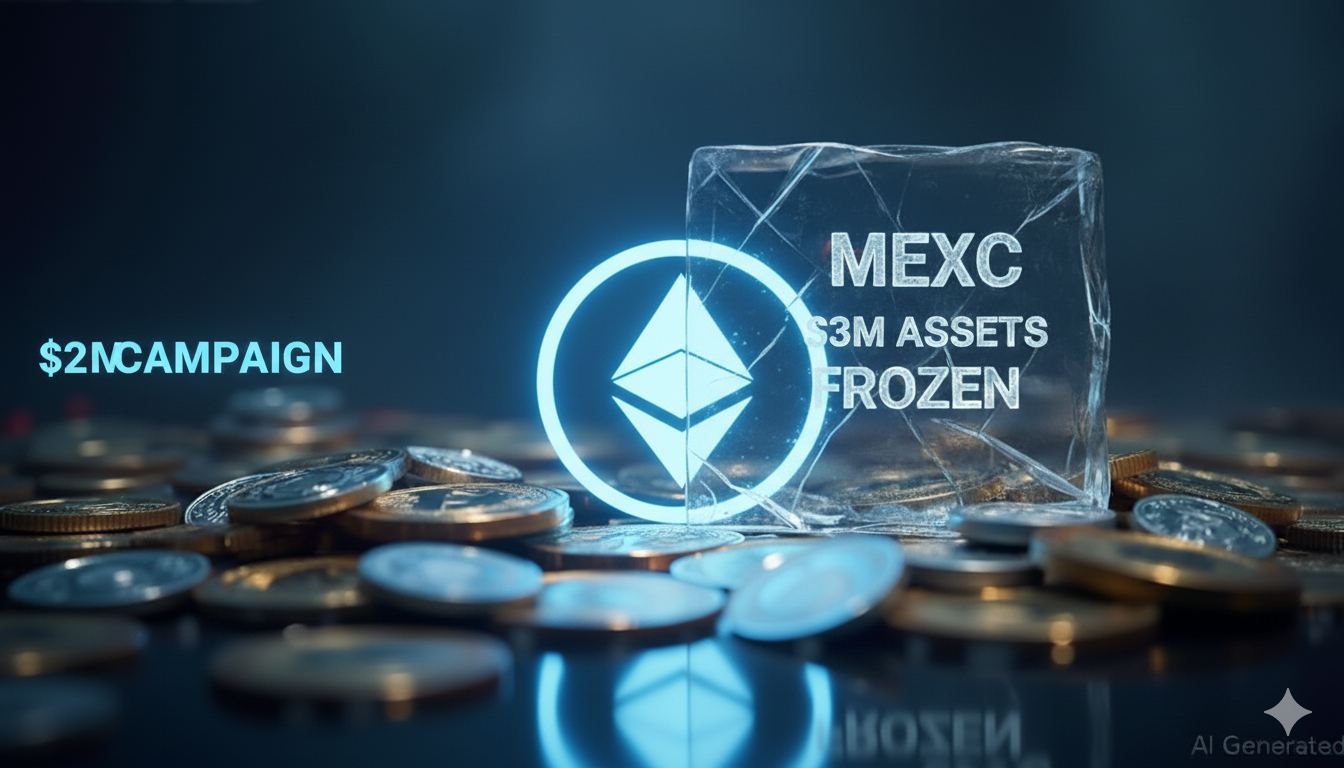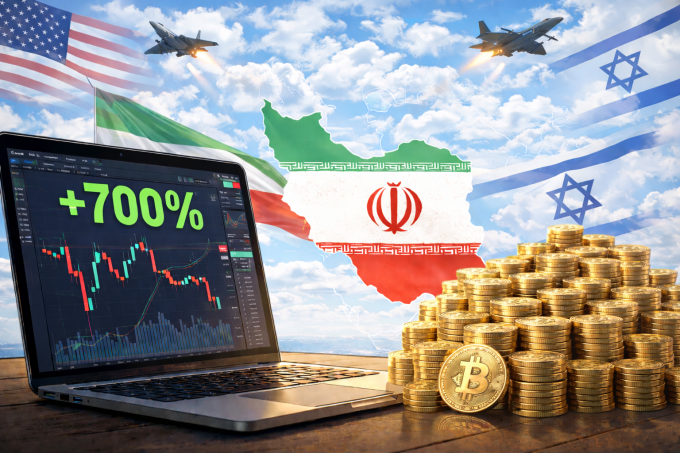A high-stakes dispute between a cryptocurrency trader and global exchange MEXC is unfolding into one of the most visible public campaigns in the sector this year. The pseudonymous trader known as “White Whale” has accused MEXC of freezing $3.1 million in personal funds without justification, prompting him to launch a $2 million social media pressure campaign in an effort to recover the assets.
The Dispute: Frozen Funds and a Yearlong Review
The controversy began in July 2025, when MEXC allegedly suspended the trader’s account, restricting access to $3.1 million despite no reported violations of the exchange’s terms of service. According to White Whale, MEXC informed him that the funds would remain frozen for up to 12 months under a review period.
The trader claims to have completed the exchange’s Know Your Customer (KYC) verification process and argues that the freeze amounts to retaliation for being more profitable than MEXC’s own market makers. In his words, “my only conceivable offense? I was too profitable.”
MEXC, for its part, disputes this characterization. In a statement to Cointelegraph, the exchange said account restrictions stemmed from its risk control mechanisms, not from user profitability. “During our review, we identified that certain user funds carried potential risks. As a result, we imposed temporary withdrawal restrictions and required advanced KYC verification,” a spokesperson said. The company also emphasized that the 12-month review mechanism applies exclusively to high-risk or compliance-related accounts.
The $2M Social Media Campaign
In response, White Whale has organized a $2 million bounty-backed campaign aimed at mobilizing the crypto community. The initiative asks participants to mint a free non-fungible token (NFT) on the Base network, tag MEXC and its COO on X (formerly Twitter) with the hashtag #FreeTheWhiteWhale, and change their profile pictures to a campaign image.
To incentivize engagement, the trader pledged $1 million in USDC to be distributed among the first 20,000 NFT holders—each receiving $50 USDC—on the condition that MEXC releases the frozen funds. A further $1 million in USDC would be allocated to vetted charities, with on-chain receipts provided for transparency.
The unusual campaign blends digital activism with direct monetary incentives, a strategy that underscores the rising role of social media in disputes between traders and centralized exchanges (CEXs).
Market Maker Tensions and Structural Frictions
White Whale alleges that his profitability as a trader was the real trigger behind the freeze, arguing that he consistently outperformed MEXC’s external market makers. Market makers play a controversial role in crypto trading, providing liquidity through buy and sell orders but often drawing suspicion from retail traders who accuse them of manipulating markets.
Research supports some of these concerns. A study by Acheron Trading found that 78.5% of token launches in Q2 2024 disrupted fair price discovery, while nearly 70% of primary listings were deemed “parasitic”, exploiting premarket conditions and retail sentiment. Against this backdrop, White Whale’s claims tap into a broader narrative of mistrust between independent traders and institutional liquidity providers.
Outlook: Exchange Risk and Trader Psychology
The dispute highlights two recurring themes in the crypto sector: the risks of relying on centralized exchanges and the growing willingness of traders to fight perceived injustices through public pressure. For investors, the case raises questions about exchange governance, transparency of risk controls, and the balance of power between exchanges and their most active participants.
While MEXC maintains that its restrictions are compliance-driven, the episode underscores the psychological tension at the heart of crypto markets. Traders seek transparency and freedom of capital, while exchanges prioritize risk controls and regulatory alignment. As both sides dig in, the outcome of this $3 million freeze may influence not only MEXC’s reputation but also how the wider trading community perceives centralized platforms in an industry still wary of systemic trust failures.
Comparison, examination, and analysis between investment houses
Leave your details, and an expert from our team will get back to you as soon as possible













https://shorturl.fm/1clTo
https://shorturl.fm/FGfES
https://shorturl.fm/cGj1F
https://shorturl.fm/CMMlc